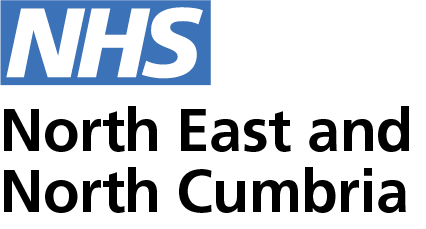Tobacco dependency
Each year, around 3,330 babies in the North East and North Cumbria are born to mothers who smoke. Smoking during pregnancy is a major risk factor that can be changed. It is linked to serious problems like babies needing hospital care, stillbirths, sudden infant deaths, and low birth weight in the region.
Costs to society and the NHS
Smoking during pregnancy places a significant financial strain on society. It leads to higher healthcare costs for the NHS, both during pregnancy and in the first year after the baby is born, as a result of some mothers continuing to smoke while pregnant.
There is an estimated cost of £10.2 million each year to the NENC NHS. This cost is related to the increased risks of miscarriage, ectopic pregnancy, placenta previa, placental abruption, preterm rupture of membranes, and a lower risk of pre-eclampsia. Additionally, the costs for infants’ health issues, such as preterm birth, low birth weight, Sudden Infant Death Syndrome, perinatal death, asthma, ear infections, and respiratory infections, are estimated to be between £12 million and £23.5 million each year, depending on how costs are calculated.
How we can reduce costs
Introducing affordable smoking cessation support for pregnant women can save money. Spending between £13.60 and £37 per pregnant smoker is estimated to result in cost savings for the NHS. These figures focus only on financial savings for the NHS during pregnancy and the baby’s first year and do not include the significant health benefits for mothers and babies. The estimates are cautious and may underestimate the full savings.
About tobacco dependency
Some women continue to smoke during pregnancy, even with plenty of information about the dangers it poses to their unborn baby. Often, people judge these mothers harshly, linking their smoking to poor health choices during pregnancy. However, the reasons for smoking in pregnancy are complex, and the reality is that it is not a lifestyle choice.
The Royal College of Physicians highlights in their report on nicotine addiction that nicotine in tobacco smoke is highly addictive. They describe cigarettes as “highly efficient nicotine delivery devices” and state they are as addictive as drugs like heroin or cocaine. This shows that smoking should be seen as a form of tobacco dependency—a medical condition that requires proper support and treatment, rather than moral judgement.
All North East and North Cumbria Maternity services have trained support workers who can advise further. More information can be found here, on the NHS website - www.nhs.uk/pregnancy/keeping-well/stop-smoking

